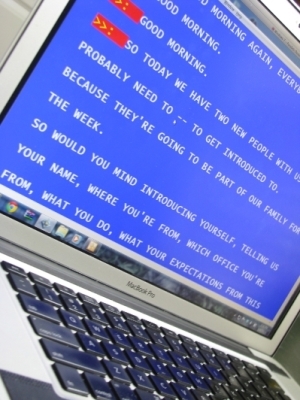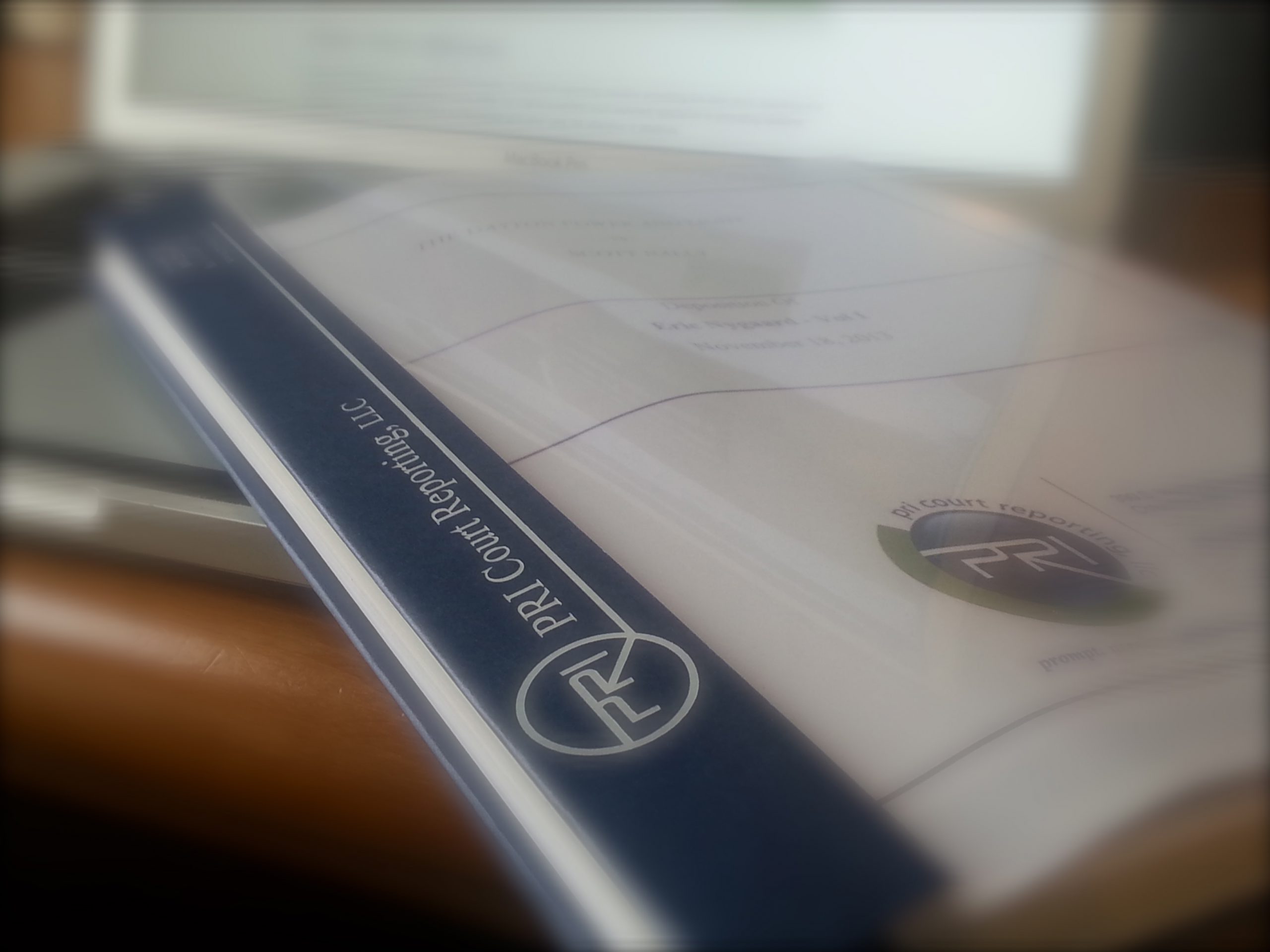
Questions to Ask When Hiring a CART Provider
If you are an individual who is deaf or hard of hearing, or you are working with someone who is, you may be faced with a situation where you need to locate and hire a CART provider. Here are some helpful questions to ask a potential CART provider to give you confidence that they are qualified to provide the services you need. You can keep this list handy while doing your research to help you remember all the details.
1. Are you a certified CART provider?
The National Court Reporters Association (NCRA) offers certifications that court reporters can obtain by demonstrating their proficiency in the skills needed to provide CART or captioning services. The certifications you should look for or ask about are Certified Realtime Reporter (CRR), Certified CART Provider (CCP), Certified Broadcast Captioner (CBC).
2. What experience do you have in providing CART?
You will want to find someone who has experience with the type of situation for which you are needing CART services. Do they have experience providing CART in classrooms, conferences, meetings?
3. Do you provide CART on your device or do I have to provide my own?
Most CART providers will provide a screen for you to view during the event. They may be able to send the feed to your laptop, iPad, or other tablet device upon request. Does the CART provider provide an overhead for use with a large group?
4. What are your rates?
Does the CART provider charge an hourly rate? Do they charge a half day or full day rate? Are there hourly minimums, such as a two-hour minimum? Is there a different charge for CART services for one individual versus a large group?
5. Does the rate include providing a transcript of the event or session?
If the provider’s rate includes a transcript, ask in what format they provide the transcript; i.e., PDF, ASCII, Word. If they don’t include a transcript in the rates, is there an additional cost to obtain a transcript?
You can find certified CART providers in your area by searching the NCRA sourcebook or contacting your local court reporting firm to get a referral.
To help you make sure you have gathered all the details needed when scheduling your next CART or captioning event, download the Quick CART and Captioning Scheduling Checklist.
[cta id=”4200″]
ABOUT THE AUTHOR:
Angie Starbuck, RPR/CRR, is a court reporter in Columbus, Ohio, and the owner of PRI Court Reporting, LLC. Angie is an experienced CART and captioning provider. Connect with her on LinkedIn and Google+.
Download the Deposition Scheduling Checklist





